42 adenosine triphosphate (atp) is a molecule that provides energy for cellular functions. label the three major components of an atp molecule.
Difference between ATP and ADP ADP (Adenosine diphosphate) ATP (Adenosine triphosphate) Phosphate group: It has two phosphate group: It has three phosphate group: Chemical formula: C10H15N5O10P2: C10H16N5O13P3: Molar mass: 427.201 g/mol: 507.18 g/mol: Characteristics: Low energy molecule: High energy molecule: Functions: Catabolic pathways like glycolysis, oxidative ... Cell Metabolism - an overview | ScienceDirect Topics Abstract. Cellular metabolism plays a crucial role in all living organisms as almost every cellular process requires the presence of adenosine triphosphate (ATP) not only as primary energy currency but also as signaling molecule. Given the importance, monitoring cellular bioenergetics will bring about a more complete understanding of a large ...
Adenosine Triphosphate - Bristol However, before the energy can be used, it is first transformed into a form which the organism can handle easily. This special carrier of energy is the molecule adenosine triphosphate, or ATP. Its Structure The ATP molecule is composed of three components. At the centre is a sugar molecule, ribose (the same sugar that forms the basis of RNA).
Adenosine triphosphate (atp) is a molecule that provides energy for cellular functions. label the three major components of an atp molecule.
Difference Between ATP and ADP Adenosine triphosphate (ATP) is an important nucleotide found in cells. ... It is a high energy molecule which has the chemical formula of C 10 H 16 N 5 O 13 P 3. ATP is mainly composed of ADP and a phosphate group. There are three major components found in an ATP molecule namely a ribose sugar, an adenine base and a triphosphate group as shown ... How Does ADP Become ATP? Cycle, Structure, and Function - Study.com ADP also called adenosine diphosphate, is a molecule formed in living cells. It is often converted to adenosine triphosphate (ATP), a high-energy molecule used in various biochemical reactions. ADP... Understanding ATP—10 Cellular Energy Questions Answered ATP is the most abundant energy-carrying molecule in your body. It harnesses the chemical energy found in food molecules and then releases it to fuel the work in the cell. Think of ATP as a common currency for the cells in your body. The food you eat is digested into small subunits of macronutrients.
Adenosine triphosphate (atp) is a molecule that provides energy for cellular functions. label the three major components of an atp molecule.. Adenosine Triphosphate (ATP) - Definition, Structure and Function Adenosine triphosphate, also known as ATP, is a molecule that carries energy within cells. It is the main energy currency of the cell, and it is an end product of the processes of photophosphorylation (adding a phosphate group to a molecule using energy from light), cellular respiration, and fermentation. All living things use ATP. ATP Definition and Importance in Metabolism - ThoughtCo Adenosine triphosphate or ATP is often called the energy currency of the cell because this molecule plays a key role in metabolism, particularly in energy transfer within cells. The molecule acts to couple the energy of exergonic and endergonic processes, making energetically unfavorable chemical reactions able to proceed. ATP Synthase - The Definitive Guide | Biology Dictionary ATP is the main energy molecule used in cells. ATP synthase forms ATP from adenosine diphosphate (ADP) and an inorganic phosphate (P i) through oxidative phosphorylation, which is a process in which enzymes oxidize nutrients to form ATP. ATP synthase is found in all lifeforms and powers all cellular activities. Function of ATP Synthase Extracellular ATP: A Feasible Target for Cancer Therapy - PMC Abstract. Adenosine triphosphate (ATP) is one of the main biochemical components of the tumor microenvironment (TME), where it can promote tumor progression or tumor suppression depending on its concentration and on the specific ecto-nucleotidases and receptors expressed by immune and cancer cells. ATP can be released from cells via both ...
ATP: Adenosine Triphosphate | Boundless Biology | | Course Hero Adenosine triphosphate (ATP) is the energy currency for cellular processes. ATP provides the energy for both energy-consuming endergonic reactions and energy-releasing exergonic reactions, which require a small input of activation energy. When the chemical bonds within ATP are broken, energy is released and can be harnessed for cellular work. What are three parts of an ATP molecule? | Socratic Adenine, Ribose, and three Phosphate groups. ATP molecules are used by all living organism as energy to carry out life functions. Also notable, ATP stands for Adenosine Triphosphate. This molecule is composed of three parts: Adenine Ribose Three Phosphate Groups Here is a picture: Adenosine triphosphate - Wikipedia Adenosine triphosphate Interactive animation of the structure of ATP Adenosine triphosphate ( ATP) is an organic compound that provides energy to drive many processes in living cells, such as muscle contraction, nerve impulse propagation, condensate dissolution, and chemical synthesis. Solved Adenosine triphosphate (ATP) is a molecule that - Chegg Question: Adenosine triphosphate (ATP) is a molecule that provides energy for cellular functions Label three major components of an ATP molecule NH, C. CH OmCH FT OH OH ribose deoxyribose guanine wo phosphate groups three phosphate groups adenine This problem has been solved!
What Is ATP (Adenosine Triphosphate) and What Does It Do? - LuminUltra Adenosine Triphosphate (ATP) is the primary energy carrier in all living organisms on earth. Microorganisms capture and store energy metabolized from food and light sources in the form of ATP. When the cell requires energy, ATP is broken down through hydrolysis. The high energy bond is broken and a phosphoryl group is removed. ATP synthase - Wikipedia ATP synthase is a protein that catalyzes the formation of the energy storage molecule adenosine triphosphate (ATP) using adenosine diphosphate (ADP) and inorganic phosphate (P i).It is classified under ligases as it changes ADP by the formation of P-O bond (phosphodiester bond). ATP synthase is a molecular machine.The overall reaction catalyzed by ATP synthase is: ATP - powering the cell - Cellular respiration - BBC Bitesize ATP (adenosine triphosphate) is the energy-carrying molecule used in cells because it can release energy very quickly. Energy is released from ATP when the end phosphate is removed. Once ATP has... adenosine triphosphate | Definition, Structure, Function, & Facts adenosine triphosphate (ATP), energy-carrying molecule found in the cells of all living things. ATP captures chemical energy obtained from the breakdown of food molecules and releases it to fuel other cellular processes.
Chapter 7 Flashcards | Quizlet ATP Adenosine triphosphate (ATP) is a molecule that provides energy for cellular functions. Label three major components of an ATP molecule. three phosphate,ribose,adenine Classify the following statements about the structure of an adenosine triphosphate (ATP) molecule as true or false. Reminder: Adenosine diphosphate is abbreviated ADP.
ATP cycle and reaction coupling | Energy (article) | Khan Academy ATP structure, ATP hydrolysis to ADP, and reaction coupling. ATP structure, ATP hydrolysis to ADP, and reaction coupling. ... Practice: Cellular energy. Next lesson. Photosynthesis. Sort by: Top Voted. Reaction coupling to create glucose-6-phosphate. Introduction to metabolism: Anabolism and catabolism. Up Next.
Solved Adenosine triphosphate (ATP) is a molecule that - Chegg Question: Adenosine triphosphate (ATP) is a molecule that provides energy for cellular functions. Label three major components of an ATP molecule. NH, Answer Bank guanine three phosphate groups v=CH deoxyribose adenine -O-P-0 - P-0 — -0-CH ribose k H H two phosphate groups ОН ОН This problem has been solved!
Adenosine Triphosphate - GSU Free Energy from Hydrolysis of ATP Adenosine triphosphate (ATP) is the energy currency of life and it provides that energy for most biological processes by being converted to ADP (adenosine diphosphate). Since the basic reaction involves a water molecule, ATP + H 2 O → ADP + P i. this reaction is commonly referred to as the hydrolysis of ATP.The change in Gibbs free energy in the reaction is ...
ATP - Energy Currency of the Cell - Structure and its Functions - BYJUS ATP - Adenosine triphosphate is called the energy currency of the cell. It is the organic compound composed of the phosphate groups, adenine, and the sugar ribose. These molecules provide energy for various biochemical processes in the body. Therefore, it is called "Energy Currency of the Cell".
Adenosine triphosphate - American Chemical Society Specifically, it is a coenzyme that works with enzymes such as ATP triphosphatase to transfer energy to cells by releasing its phosphate groups. The molecule consists of three components: an adenine bicyclic system, a furanose ring, and a triphosphate chain. Two research groups reported the discovery of ATP in 1929.
ATP+Video+Questions.docx - Amoeba Sisters Video Recap: ATP... ATP (Adenosine triphosphate) is an organic compound that provides energy to drive various processes in living cells. These include muscle contraction and nerve impulse propagation along with various other functions. It is often referred to as the molecular unit of currency for intracellular energy transfer.
Mitochondria - Genome.gov Definition. 00:00. …. Mitochondria are membrane-bound cell organelles (mitochondrion, singular) that generate most of the chemical energy needed to power the cell's biochemical reactions. Chemical energy produced by the mitochondria is stored in a small molecule called adenosine triphosphate (ATP). Mitochondria contain their own small ...
Physiology, Adenosine Triphosphate - StatPearls - NCBI Bookshelf The body is a complex organism, and as such, it takes energy to maintain proper functioning. Adenosine triphosphate (ATP) is the source of energy for use and storage at the cellular level. The structure of ATP is a nucleoside triphosphate, consisting of a nitrogenous base (adenine), a ribose sugar, and three serially bonded phosphate groups. ATP is commonly referred to as the "energy currency ...
ATP Overview & Uses | What Does ATP Stand For? - Study.com ATP is short for adenosine triphosphate. ATP definition: ATP is a high-energy molecule that can be found in all types of cells, including plant cells, muscle cells, nerve cells, and more. ATP is ...
Understanding ATP—10 Cellular Energy Questions Answered ATP is the most abundant energy-carrying molecule in your body. It harnesses the chemical energy found in food molecules and then releases it to fuel the work in the cell. Think of ATP as a common currency for the cells in your body. The food you eat is digested into small subunits of macronutrients.
How Does ADP Become ATP? Cycle, Structure, and Function - Study.com ADP also called adenosine diphosphate, is a molecule formed in living cells. It is often converted to adenosine triphosphate (ATP), a high-energy molecule used in various biochemical reactions. ADP...
Difference Between ATP and ADP Adenosine triphosphate (ATP) is an important nucleotide found in cells. ... It is a high energy molecule which has the chemical formula of C 10 H 16 N 5 O 13 P 3. ATP is mainly composed of ADP and a phosphate group. There are three major components found in an ATP molecule namely a ribose sugar, an adenine base and a triphosphate group as shown ...



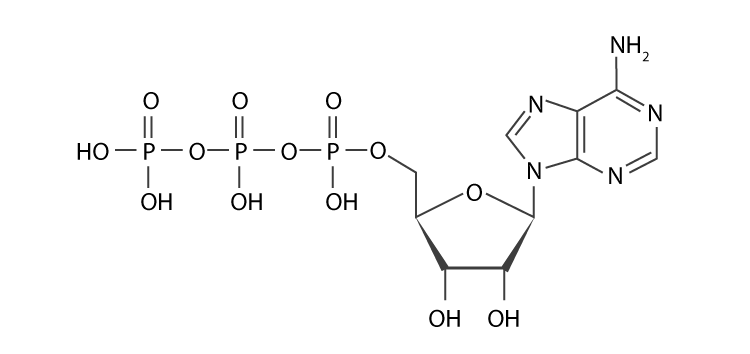
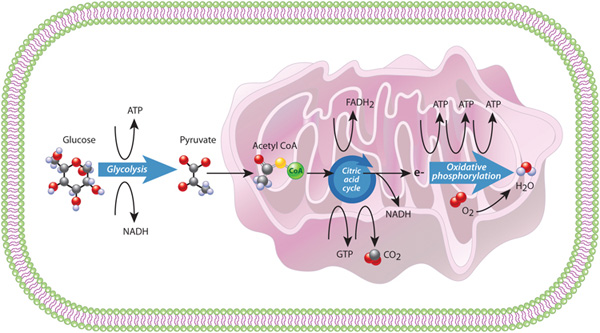
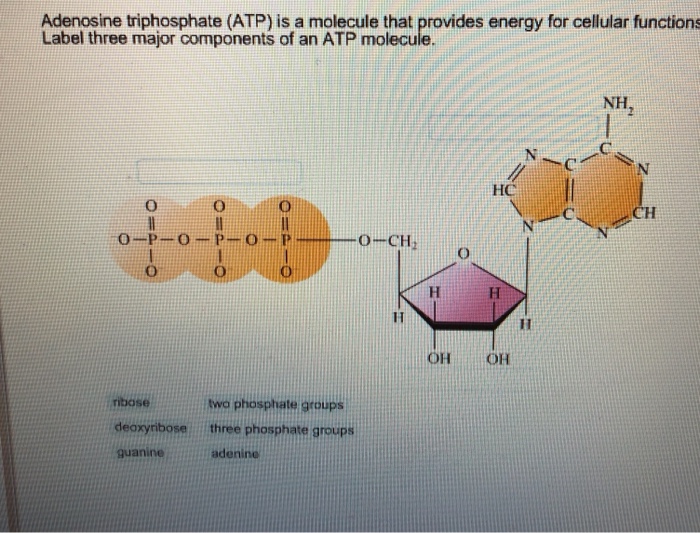






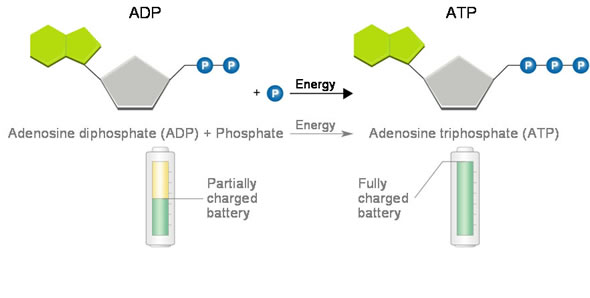
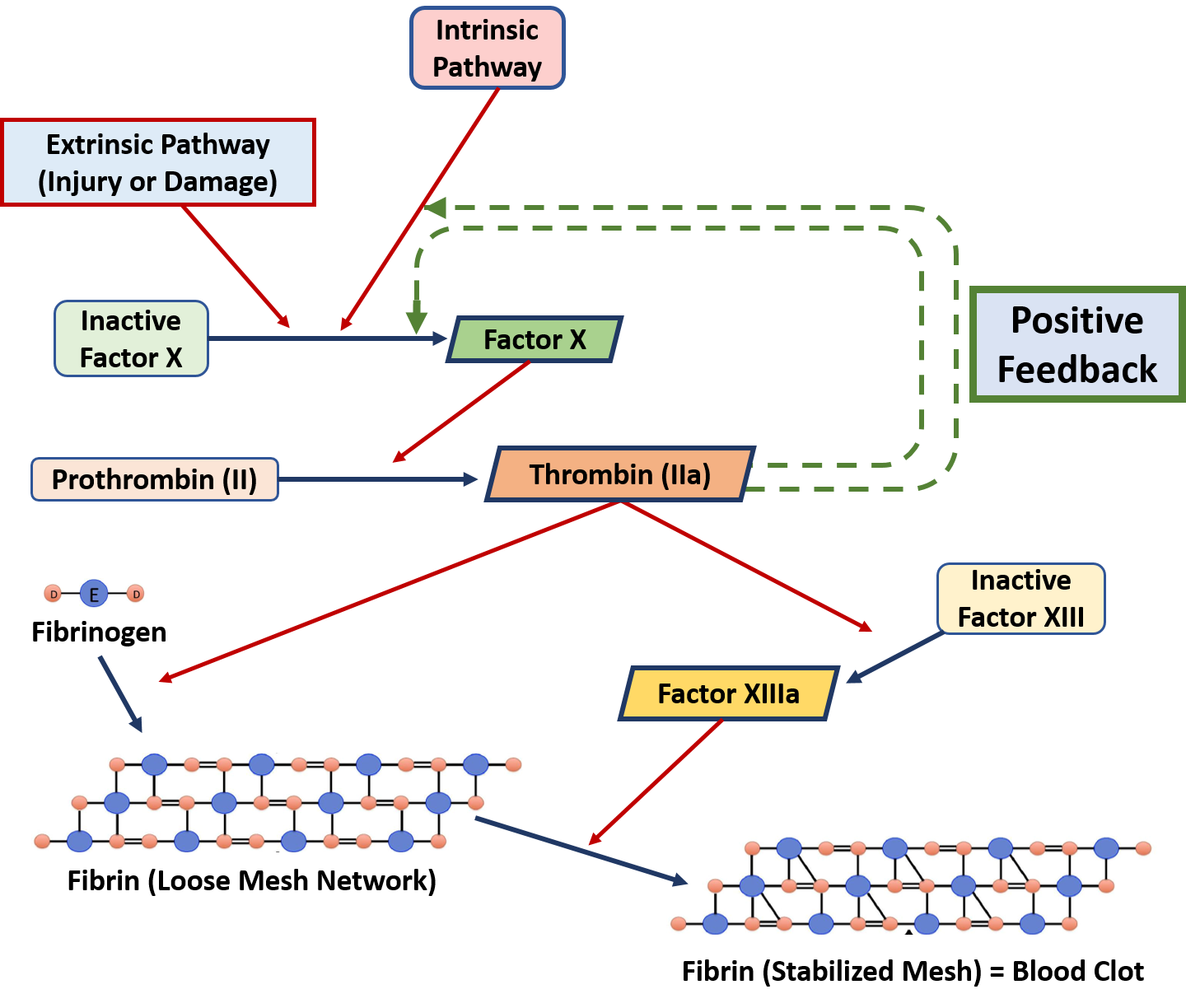

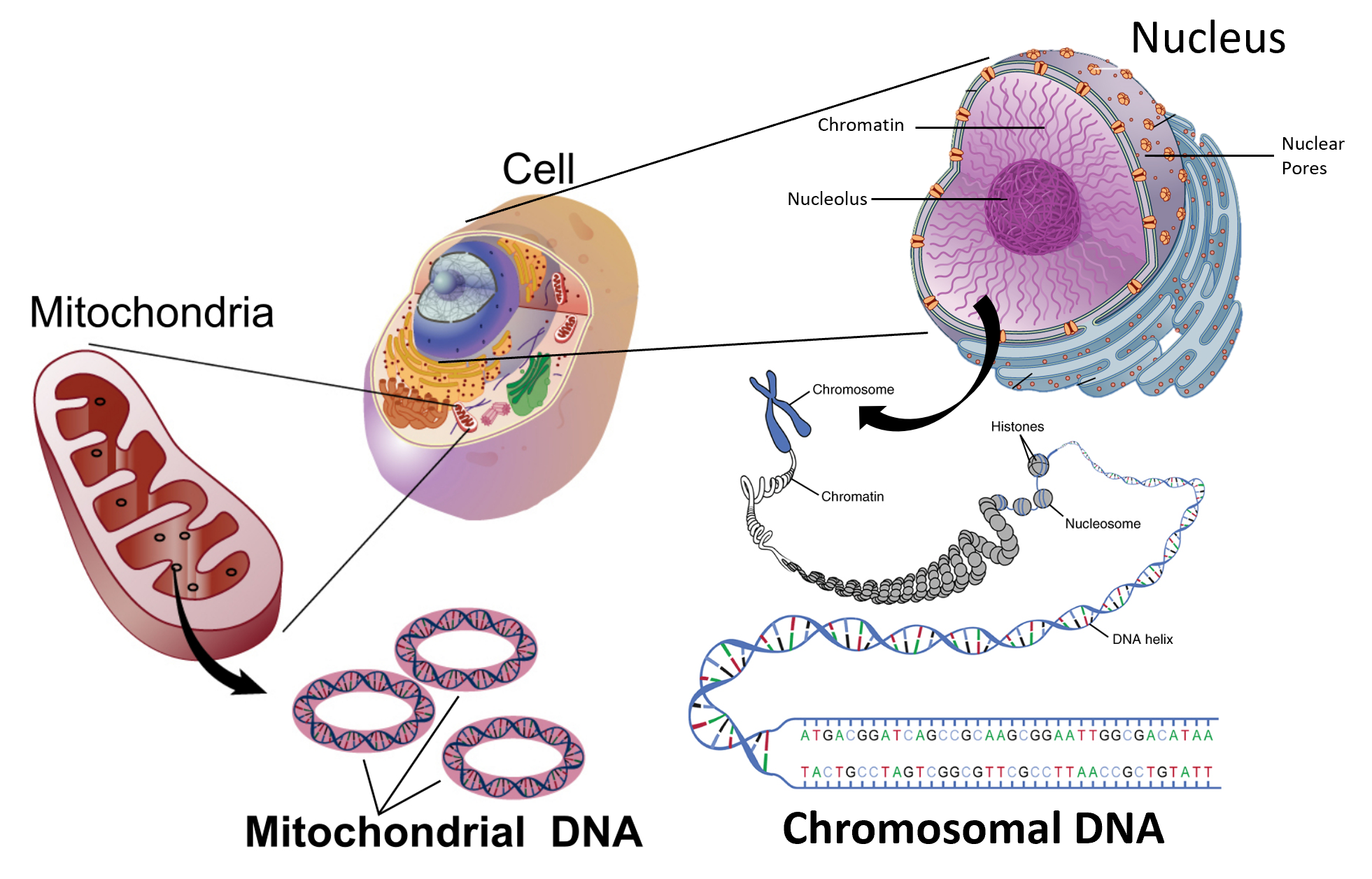

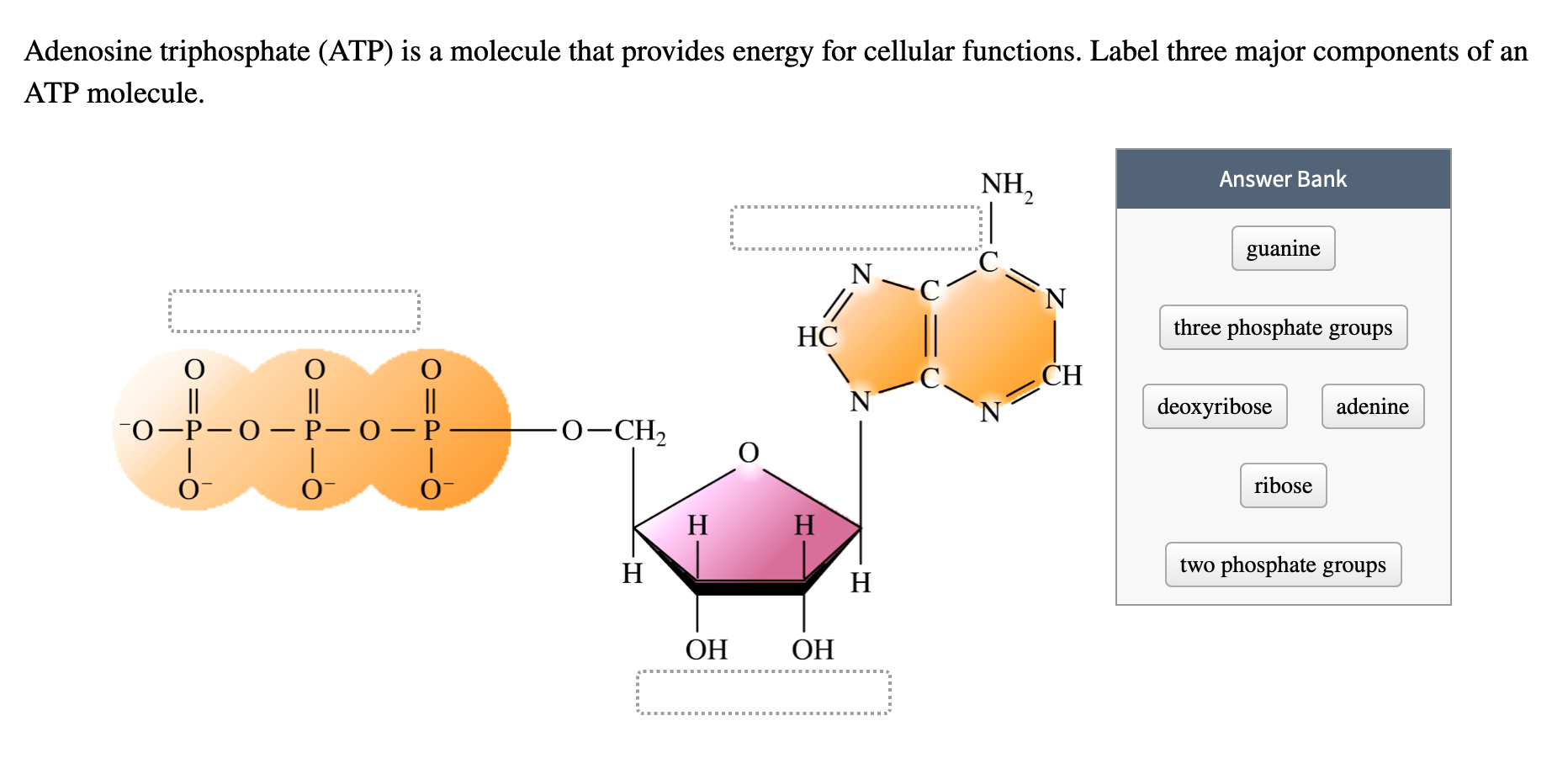
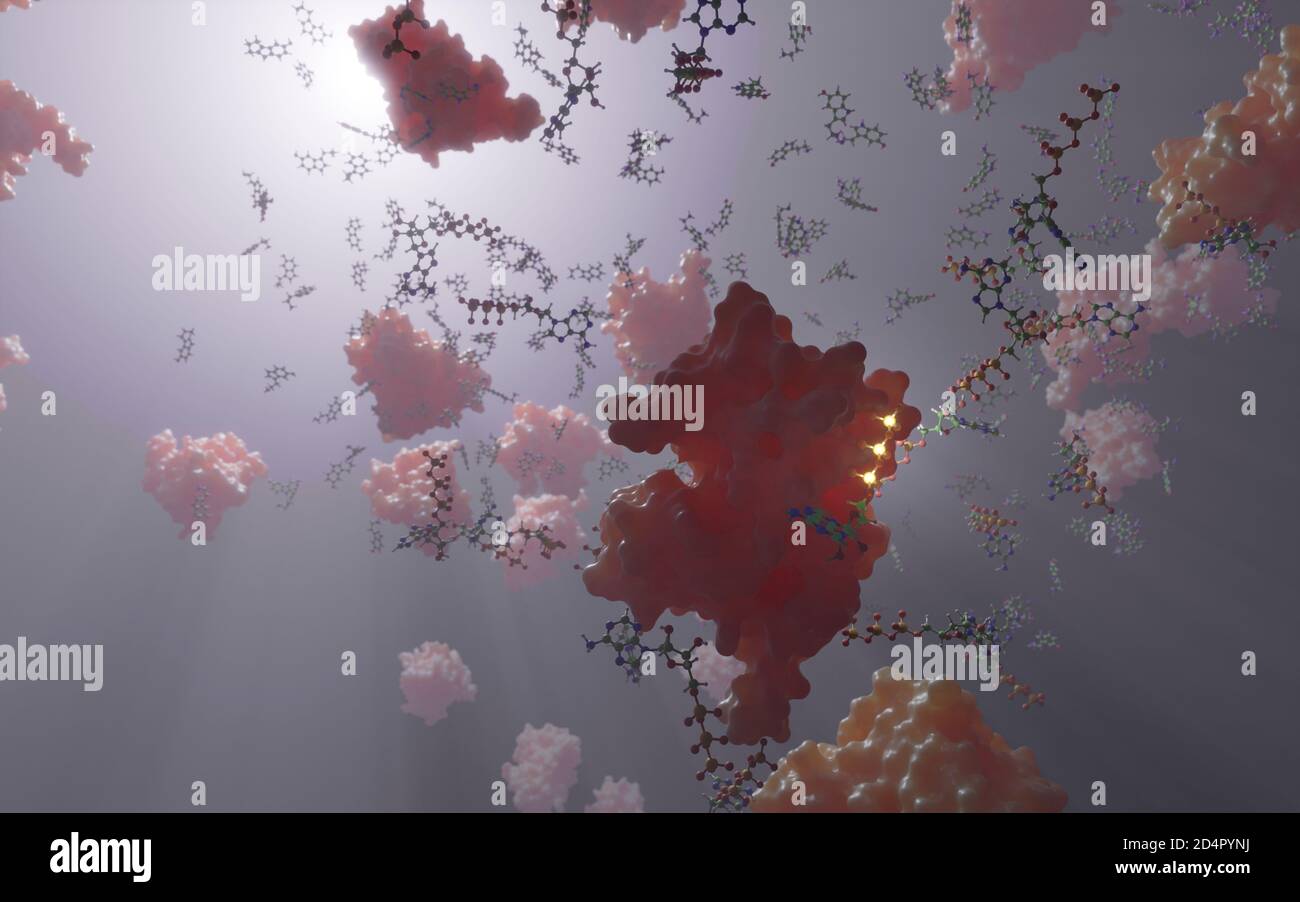
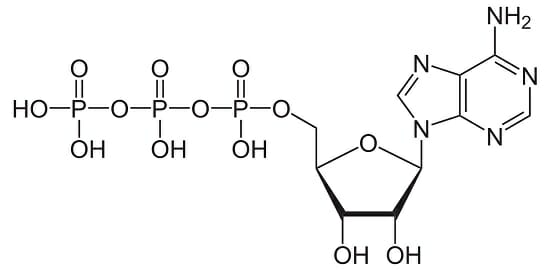
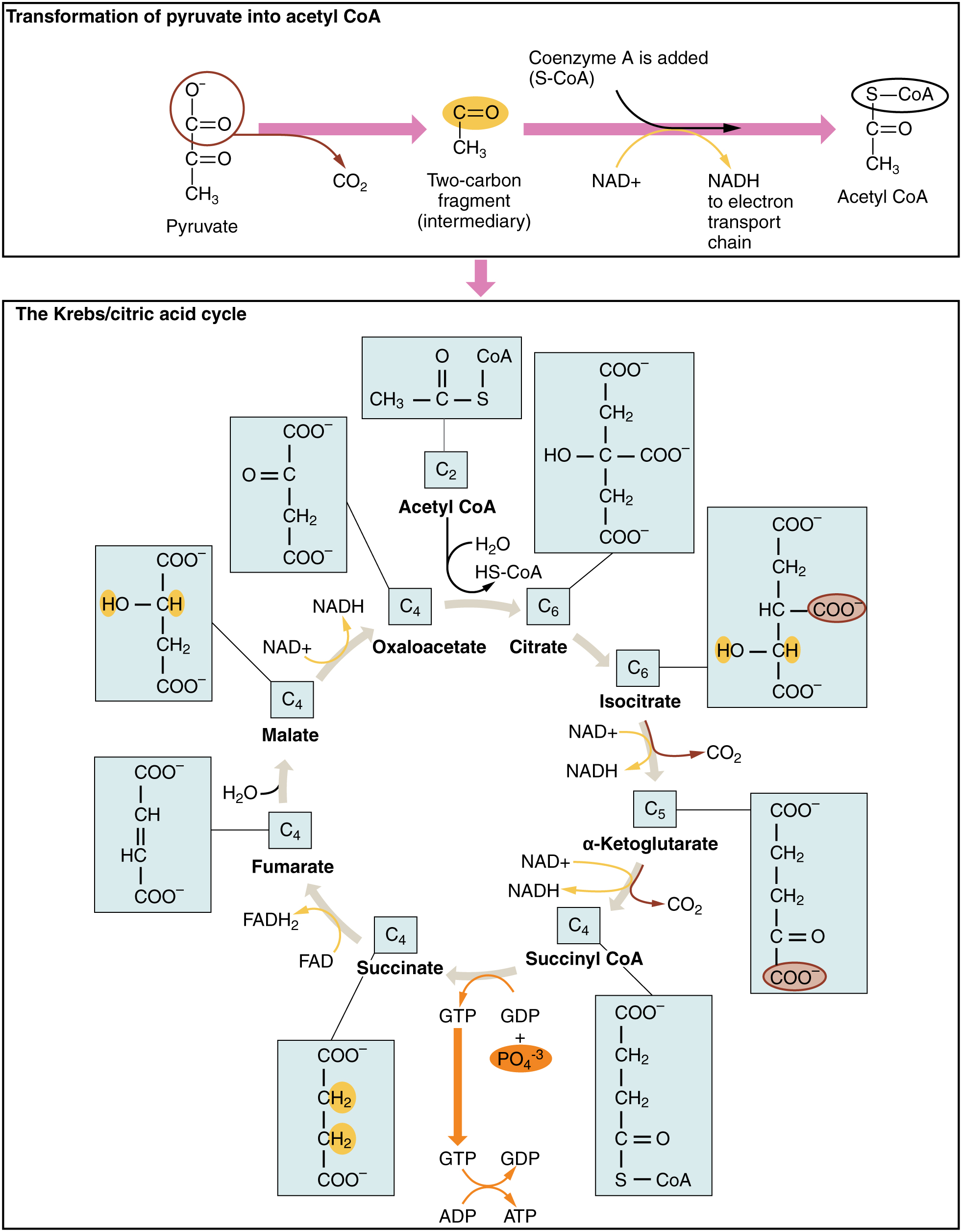

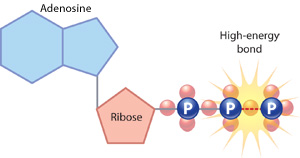





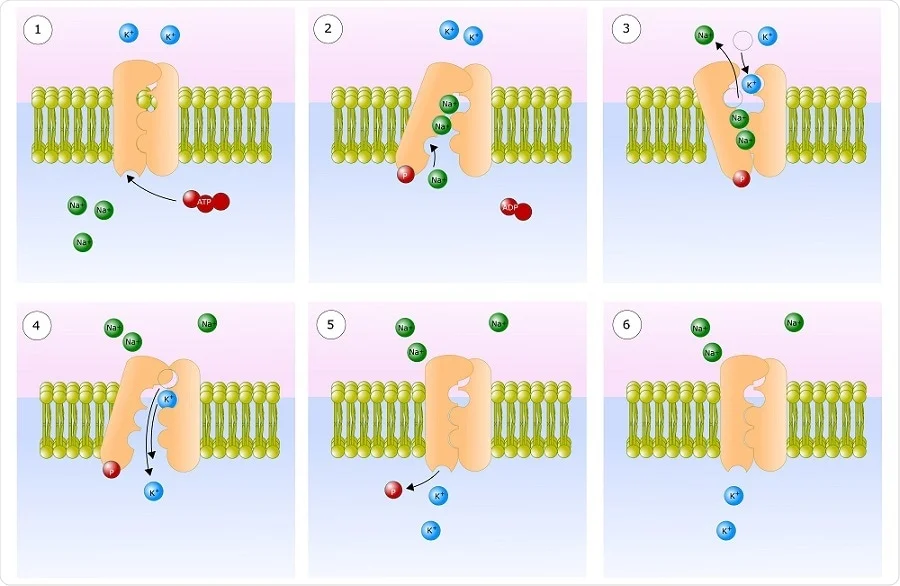
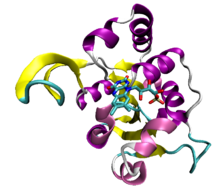






Post a Comment for "42 adenosine triphosphate (atp) is a molecule that provides energy for cellular functions. label the three major components of an atp molecule."